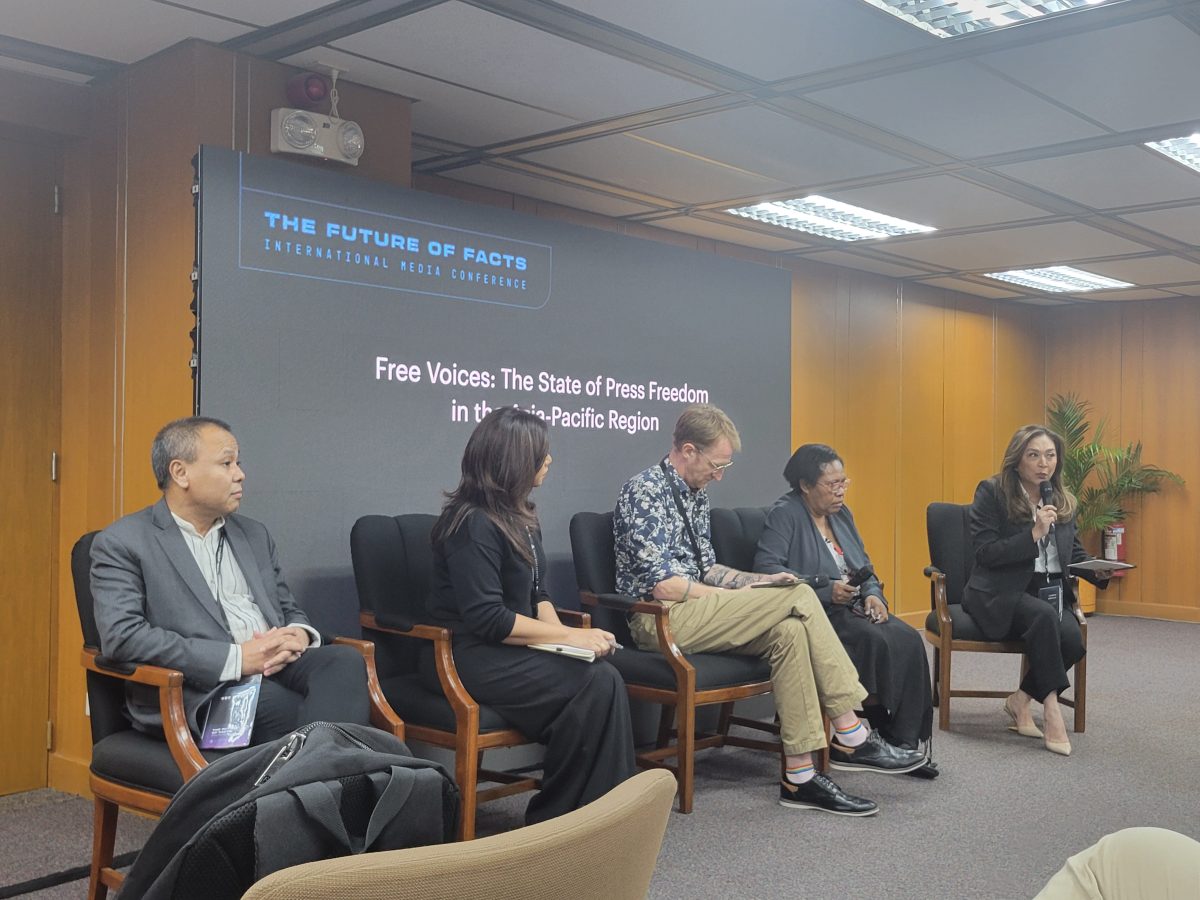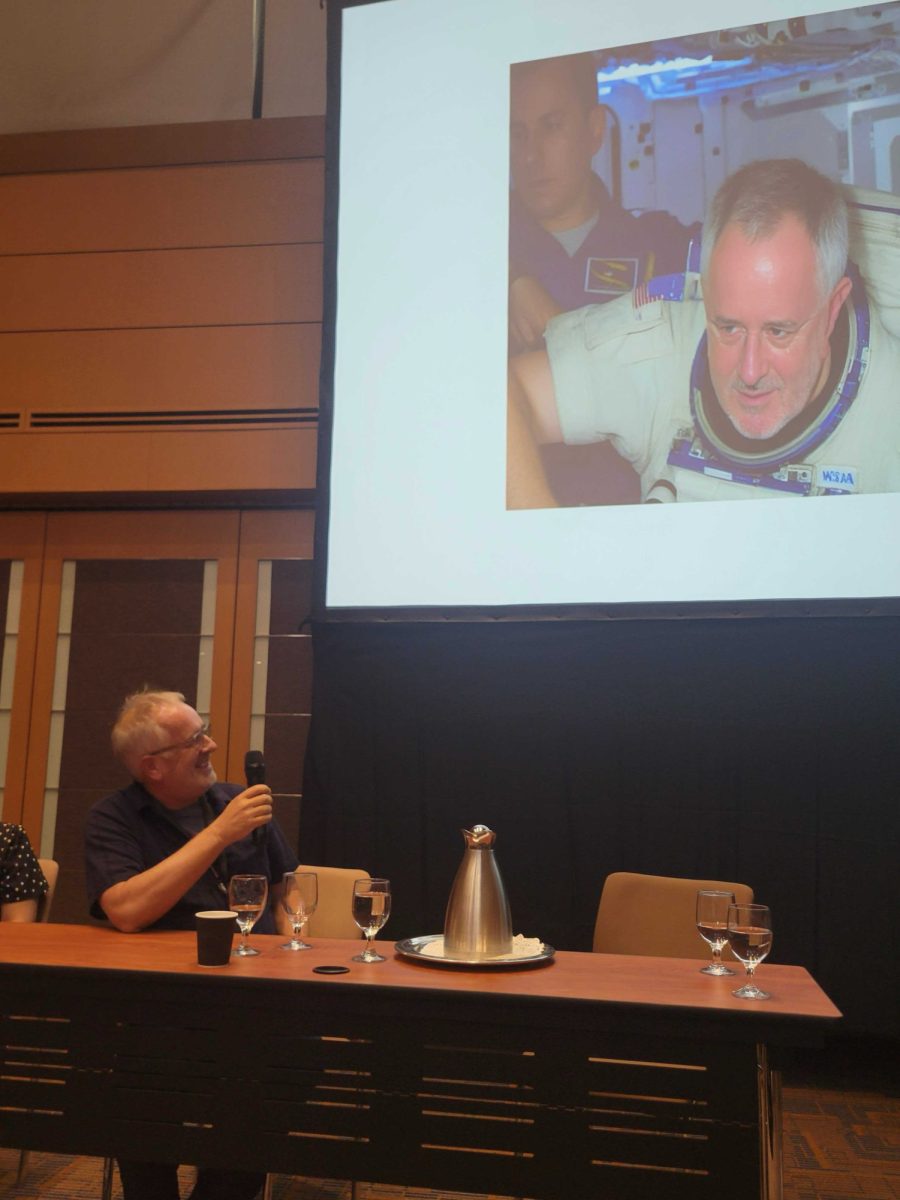Honolulu resident Ernest Caravalho was homeless for about a decade after serving in the U.S. military.
With the help of people he trusted, he was able to get off the streets and is trying to pay it forward, as chair of the neighborhood board of the Downtown-Chinatown area.
Caravalho now works to clean up Chinatown, which has seen its homeless population grow, and with it, crime. He says tax-paying citizens should be able to walk through the neighborhood without fear of being assaulted or robbed.
Homeless advocates say the key is to move people from the street into housing through social work and community outreach.
Having been homeless, Caravalho says people on the streets want guidance but struggle with addiction or mental health issues.
“They want somebody to pick them up. They want somebody to help them get off of drugs,” he said.
But homeless advocates say underfunding and a lack of resources have made it difficult to maintain support services.
Across the state, 6,223 individuals reported experiencing homelessness last year, according to Hawaii Health Data Warehouse.
Representative Della Au Belatti says lawmakers during this year’s legislative session have been working to fill in the gaps in the continuum of care for homeless people.
“There’s no one silver bullet to addressing homelessness, because the causes of homelessness are varied,” said Belatti.
She looked at many funding measures, including House Bill 1834, which would increase the budget line item for the homeless programs office at the Department of Human Services (DHS) by $5 million. The office is responsible for contracts for homeless outreach, case management, and supportive housing.
Lawmakers hope the boost can help offset the impact of inflation and higher costs of goods and services.
Although it may sound like a large sum, Belatti says the office spends over $20 million a year, and the item hasn’t changed for more than a decade.
“The fact that we haven’t increased that line item in the budget is pretty significant,” said Belatti.
Laura Thielen, Executive Director at Partners In Care, says the current budget is not enough to maintain supportive housing and services or address the state’s shortage of outreach workers.
“If you were to go to an emergency shelter, today, there was maybe six beds that were available throughout the entire island of Oahu, but there’s more than 4,500 people that are out on the streets,” said Thielen.
Thielen says DHS supported the 20% budget increase but were ultimately allowed to ask for only a 5% increase.
She hopes nonprofits can fill in the gaps by hiring and retaining outreach workers.
Another gap in homeless support services is crisis stabilization for those who are struggling with substance abuse or mental health illness.
“We’re sorely lacking in all of our mental health and substance abuse treatment services throughout the state,” said Thielen.
Belatti says lawmakers also want to strengthen the policies for behavioral crisis centers.
House Bill 1831, for example, relates to crisis intervention and would appropriate funds for the Behavioral Health Crisis Center Pilot Program.
The bill didn’t pass out of the finance committee and is deferred for the time being.
For homeless residents who get cited for park violations and disorderly conduct, Senate Bill 2556 would fund a Community Outreach Court, a program that addresses their legal needs.
“These aren’t necessarily like violent crimes. These are crimes because people are poor,” said Belatti.
Lawmakers are trying to formalize the pilot program in statute, because the bill failed to pass out of the Ways And Means Committee.
Despite several legislative efforts, Caravalho says the main issue is many homeless people choose not to get help.
He suggests building trust and a relationship first, which is why he takes the time to listen to people’s stories on the streets. When they are ready, they turn to him for help.
Caravalho says addressing homelessness requires compassion and tough love.
“There’s a lot of possibilities within the people, within the group, who can be great people within their communities, leaders of the communities. I’m a prime example,” said Caravalho.
Kiani Vidaurri is a sophomore journalism major at the University of Hawaii at Mānoa. She is interested in investigative, entertainment, and lifestyle reporting.







